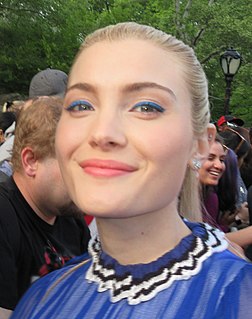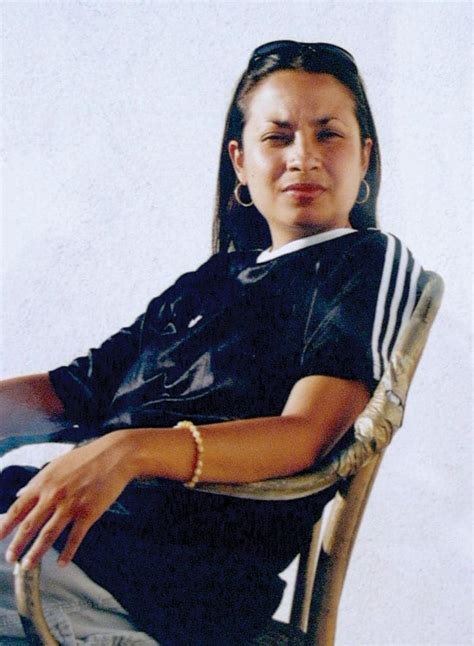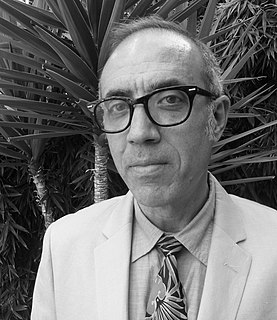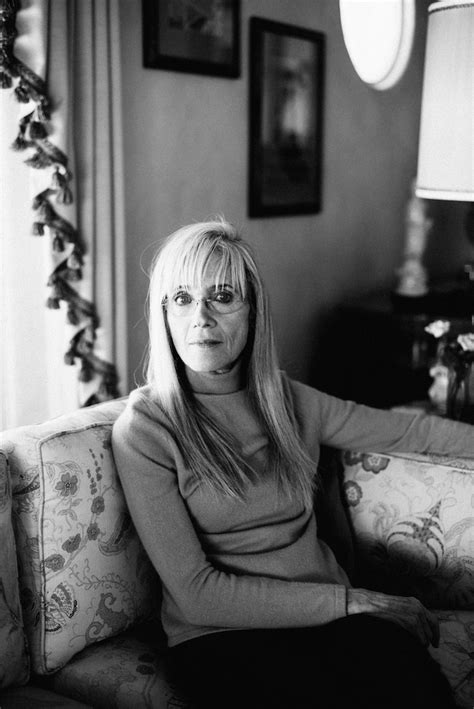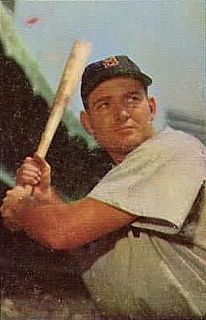A Quote by Duncan Jones
I had a real comfort with being on a set and in particular working with special effects and because of that background, it became much easier for me to base a first time feature film on a low budget cause I was sort of already knew how to do that.
Related Quotes
When I said that something was going to cost a certain amount of money, I actually knew what I was talking about. The biggest problem that we were having on the financing front was people with lots of money saying "you need more money to make this film [Moon]," and us saying "no this is the first feature film we want to do it at a budget where we sort of prove ourselves at the starting end of making feature films; we can do this for $5 million." That is where the convincing part between me and Stuart came, we had to convince people with money that we could do it for that budget.
The dozens of people working on this at Digital Domain, they knew that you couldn't get away with almost photo real, because we had real real in the room. You have real real in the cut every four or five shots, so you have this constant yardstick built into the footage by virtue of there being no real robot there. So it became the standard of photo reality that the VFX team had to match.
Most people look at a feature film and say, "It's just a movie." For me there is no border or wall between fiction and documentary filmmaking. In documentaries, you have to deal with real people and their real feelings - you are working with real laughter, happiness, sadness. To try to reflect the reality is not the same as reality itself. That's why I think that making a good documentary is much harder than making a good feature film.
People talk about the difference between working on stage and working on film. I think you could say that there are as many differences between working on low budget films and working on big budget films. You really are doing the same thing, but at the same time you're doing something vastly different as well.
I knew that to find and to feel Yoav again would be terribly painful, because of what had become of him, and because of what I knew he could ignite in me, a vitality that was excruciating because like a flare it lit up the emptiness inside me and exposed what I always secretly knew about myself: how much time I'd spent being only partly alive, and how easily I'd accepted a lesser life.
I naively thought I was making a low-budget movie. But, when the film came out, the Daily Variety reviewer at that time who was named Art Murphy described it as an exploitation film. I had never heard that term before. Roger never used it. So that's how I learned that I had made an exploitation film.



